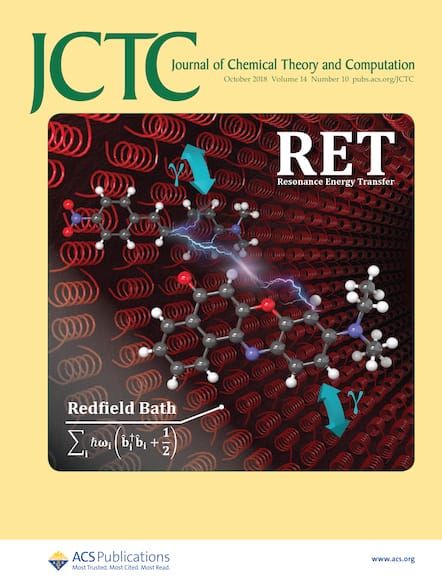HDXRank: A Deep Learning Framework for Ranking Protein Complex Predictions with Hydrogen-Deuterium Exchange Data.
IF 5.7
1区 化学
Q2 CHEMISTRY, PHYSICAL
引用次数: 0
Abstract
Accurate modeling of protein-protein complex structures is essential for understanding biological mechanisms. Hydrogen-deuterium exchange (HDX) experiments provide valuable insights into binding interfaces. Incorporating HDX data into protein complex modeling workflows offers a promising approach to improve prediction accuracy. Here, we developed HDXRank, a graph neural network (GNN)-based framework for candidate structure ranking utilizing alignment with HDX experimental data. Trained on a newly curated HDX data set, HDXRank captures nuanced local structural features critical for accurate HDX profile prediction. This versatile framework can be integrated with a variety of protein complex modeling tools, transforming the HDX profile alignment into a model quality metric. HDXRank demonstrates effectiveness at ranking models generated by rigid docking or AlphaFold, successfully prioritizing functionally relevant models and improving prediction quality across all tested protein targets. These findings underscore HDXRank's potential to become a pivotal tool for understanding molecular recognition in complex biological systems.HDXRank:基于氢-氘交换数据的蛋白质复合物预测排序的深度学习框架。
蛋白质-蛋白质复合物结构的精确建模对于理解生物机制至关重要。氢-氘交换(HDX)实验为结合界面提供了有价值的见解。将HDX数据整合到蛋白质复杂建模工作流程中,为提高预测准确性提供了一种很有前途的方法。在这里,我们开发了HDXRank,这是一个基于图神经网络(GNN)的框架,利用与HDX实验数据的对齐来对候选结构进行排名。HDXRank在新整理的HDX数据集上进行训练,可以捕捉细微的局部结构特征,这对准确的HDX剖面预测至关重要。这个多功能框架可以与各种蛋白质复合物建模工具集成,将HDX剖面对准转换为模型质量度量。HDXRank在对刚性对接或AlphaFold生成的模型进行排序方面证明了其有效性,成功地对功能相关的模型进行了优先排序,并提高了所有测试蛋白靶点的预测质量。这些发现强调了HDXRank成为理解复杂生物系统中分子识别的关键工具的潜力。
本文章由计算机程序翻译,如有差异,请以英文原文为准。
求助全文
约1分钟内获得全文
求助全文
来源期刊

Journal of Chemical Theory and Computation
化学-物理:原子、分子和化学物理
CiteScore
9.90
自引率
16.40%
发文量
568
审稿时长
1 months
期刊介绍:
The Journal of Chemical Theory and Computation invites new and original contributions with the understanding that, if accepted, they will not be published elsewhere. Papers reporting new theories, methodology, and/or important applications in quantum electronic structure, molecular dynamics, and statistical mechanics are appropriate for submission to this Journal. Specific topics include advances in or applications of ab initio quantum mechanics, density functional theory, design and properties of new materials, surface science, Monte Carlo simulations, solvation models, QM/MM calculations, biomolecular structure prediction, and molecular dynamics in the broadest sense including gas-phase dynamics, ab initio dynamics, biomolecular dynamics, and protein folding. The Journal does not consider papers that are straightforward applications of known methods including DFT and molecular dynamics. The Journal favors submissions that include advances in theory or methodology with applications to compelling problems.
 求助内容:
求助内容: 应助结果提醒方式:
应助结果提醒方式:


